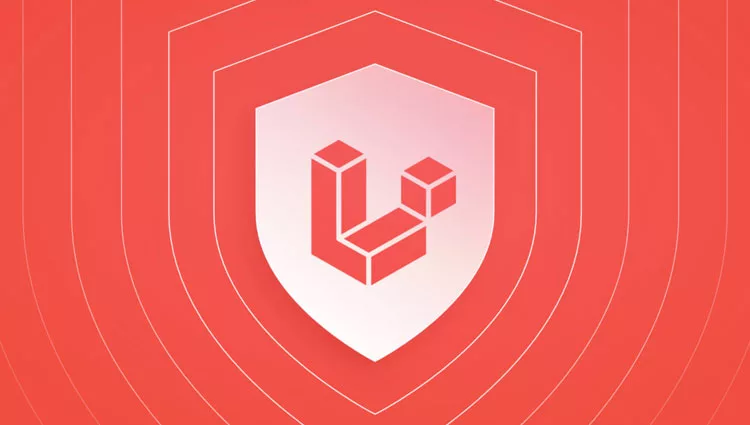In today’s digital age, where web applications are pivotal to businesses, the importance of security cannot be overstated. Web applications are not just the face of your business; they are repositories of sensitive user data, financial transactions, and the core of your online presence. It’s paramount to secure your digital assets, and one framework that has your back is Laravel. But the question is why Laravel? We will examine Laravel’s security features and recommended practices in this post to strengthen your online apps and safeguard your digital assets.
The Importance of Web Application Security
Understanding the Stakes
Before we dive into Laravel’s security features, it’s crucial to grasp the stakes involved. A security flaw or data breach may lead to monetary losses, harm to the reputation of your company, and in certain situations, legal consequences. Protecting your digital assets is a matter of survival in the digital realm.
Laravel’s Built-In Security Features
Laravel Provides CSRF Protection
Cross-Site Request Forgery (CSRF) attacks trick users into making unintended, malicious actions. Laravel automatically includes CSRF protection, ensuring that every request from your application is verified to prevent such attacks.
Laravel Mitigates XSS Vulnerabilities
Cross-Site Scripting (XSS) attacks can manipulate user data and lead to unauthorized actions on your site. Laravel mitigates XSS vulnerabilities through automatic data escaping, rendering user-generated content safe for display.
SQL Injection Prevention with Laravel
Laravel’s Eloquent ORM and query builder help prevent SQL injection attacks, safeguarding your database from malicious queries.
Authentication and Authorization
User Authentication in Laravel
Laravel provides a robust and straightforward user authentication system. It’s easy to set up safe login, password reset, and user registration features.
Role-Based Authorization
For controlling user access, Laravel offers role-based authorization. Assign roles to users, and specify what actions each role can perform. This ensures that only authorized users can access certain parts of your application.
Input Validation and Sanitization
Request Validation
To prevent data manipulation attacks, Laravel allows you to validate and sanitize user input. This ensures that data is in the format you expect before it’s processed, reducing security risks.
Session Security
Secure Session Management
Laravel’s session management system provides secure handling of user sessions. By default, sessions are encrypted and only accessible via your application.
API Security
API Authentication with Laravel Passport
If you have APIs, Laravel Passport offers an elegant solution for token-based authentication. Secure your API endpoints and protect your data from unauthorized access.
Handling Security Incidents
Incident Response Plan
A crucial part of web application security is having an incident response plan in place. When a security incident occurs, a well-defined plan can help you respond swiftly, minimizing damage.
Keeping Laravel Up-to-Date
Regular Updates for Ongoing Security
Security threats evolve, and so does Laravel. Update the packages included with your Laravel framework on a regular basis to fix security flaws. Your first line of defense is to keep everything current.
Additional Security Tools and Practices
Implementing Security Headers
Laravel allows you to set HTTP security headers to provide an additional layer of security. These headers help protect your application against various threats.
Content Security Policy (CSP)
For more control over what resources your web application can load, think about putting in place a Content Security Policy (CSP). By doing this, you can lessen the risk of cross-site scripting attacks.
Security Testing
Vulnerability Scanning and Penetration Testing
Regular security testing is essential. Conduct vulnerability scans and penetration tests to identify and mitigate potential security weaknesses in your application.
Conclusion
Laravel is more than a PHP framework; it’s your security partner. You may greatly lower the risk of security breaches and safeguard your digital assets by being aware of and taking the security precautions covered in this article. Remember, security is an ongoing process. Stay vigilant, keep your Laravel applications up to date. Hire Laravel Developer from trusted Laravel partner and ensure the highest level of protection for your digital assets. Your business and your users will thank you for it.

